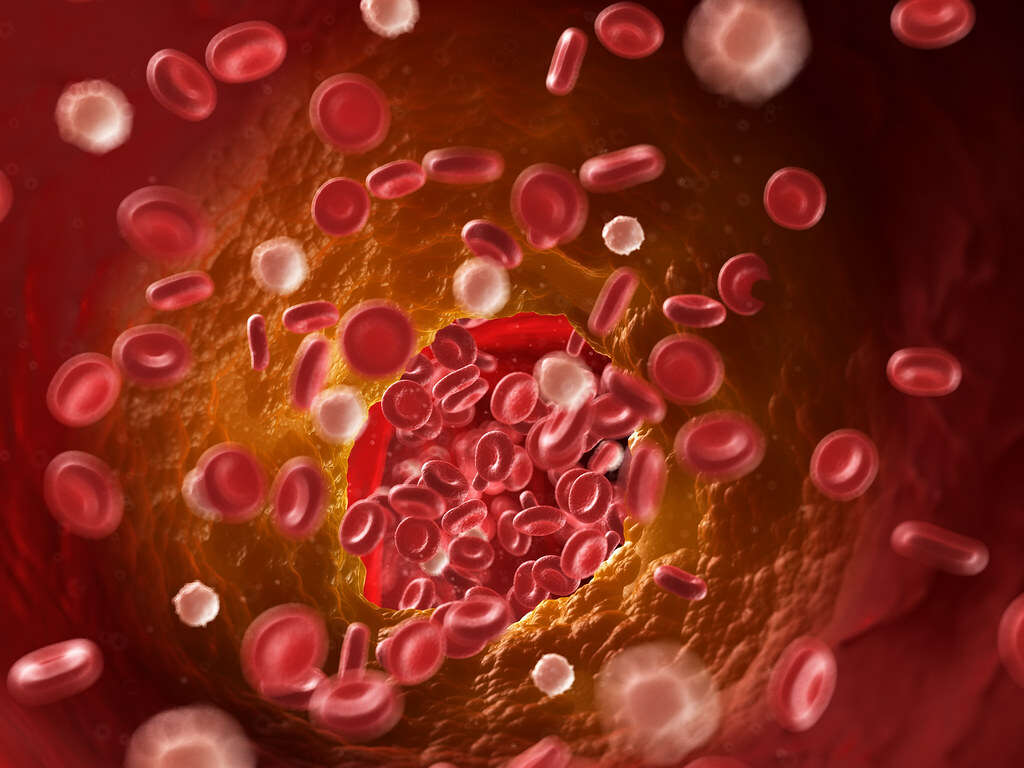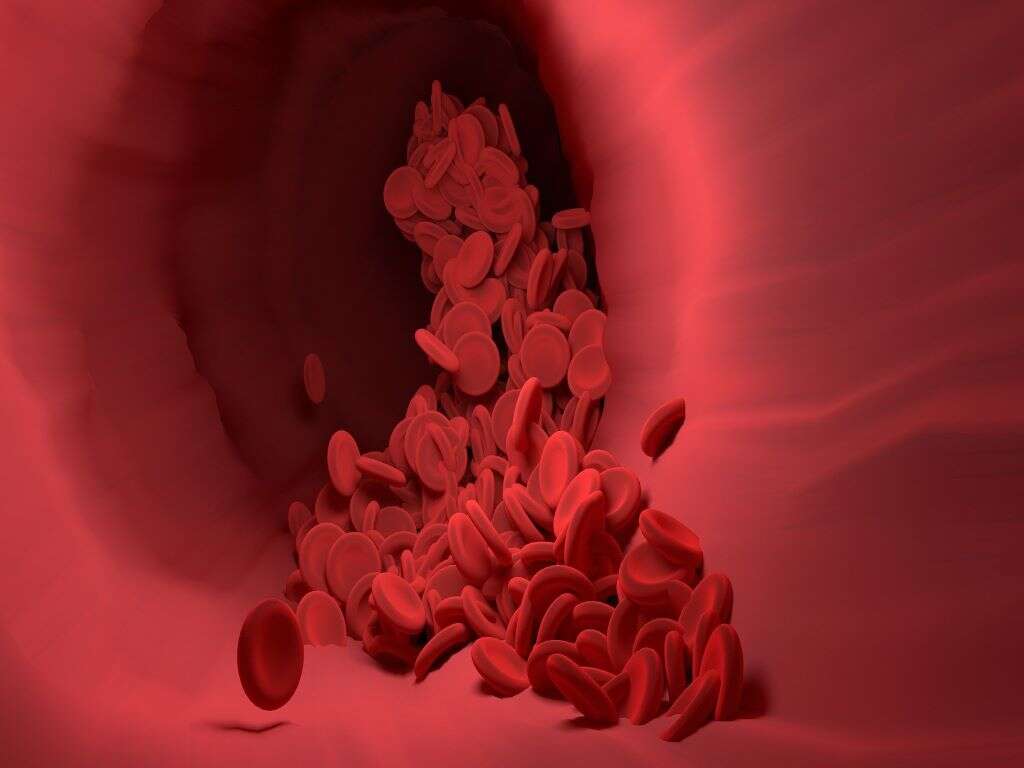Blood Poisoning Symptoms, Treatments and More
 Article Sources
Article Sources
- 1. 'Blood Poisoning: When to See a Doctor.' Mayo Clinic, Mayo Foundation for Medical Education and Research, 22 Apr. 2020, www.mayoclinic.org/blood-poisoning/expert-answers/faq-20058534
- 2. NHS Choices, NHS, www.nhs.uk/conditions/sepsis/.
- 3. NHS Choices, NHS, www.nhs.uk/conditions/sepsis/who-can-get-it/.
- 4. NHS Choices, NHS, www.nhs.uk/conditions/sepsis/treatment-and-recovery/.
- 5. 'What Is Sepsis?' Centers for Disease Control and Prevention, Centers for Disease Control and Prevention, 27 Jan. 2021, www.cdc.gov/sepsis/what-is-sepsis.html.
- 6. 'Get Ahead of Sepsis – Know the Risks. Spot the Signs. Act Fast.' Centers for Disease Control and Prevention, Centers for Disease Control and Prevention, 27 Aug. 2020, www.cdc.gov/patientsafety/features/get-ahead-of-sepsis.html.
- 7. 'Sepsis.' Mayo Clinic, Mayo Foundation for Medical Education and Research, 19 Jan. 2021, www.mayoclinic.org/diseases-conditions/sepsis/symptoms-causes/syc-20351214.
9. Long Term Effects
With time and treatment, most people with blood poisoning make a full recovery. Nearly dying of infection can be extremely traumatic, and a person may develop post-traumatic stress disorder (PTSD) after their stay in the hospital. They may have nightmares, feel anxious or depressed.
The immune system may also be strained, and a person may need more sleep and have a lower appetite than usual after recovery. They could also get sick more often. It's important to show support and to monitor these symptoms.4NHS Choices, NHS, www.nhs.uk/conditions/sepsis/treatment-and-recovery/.
Advertisement











